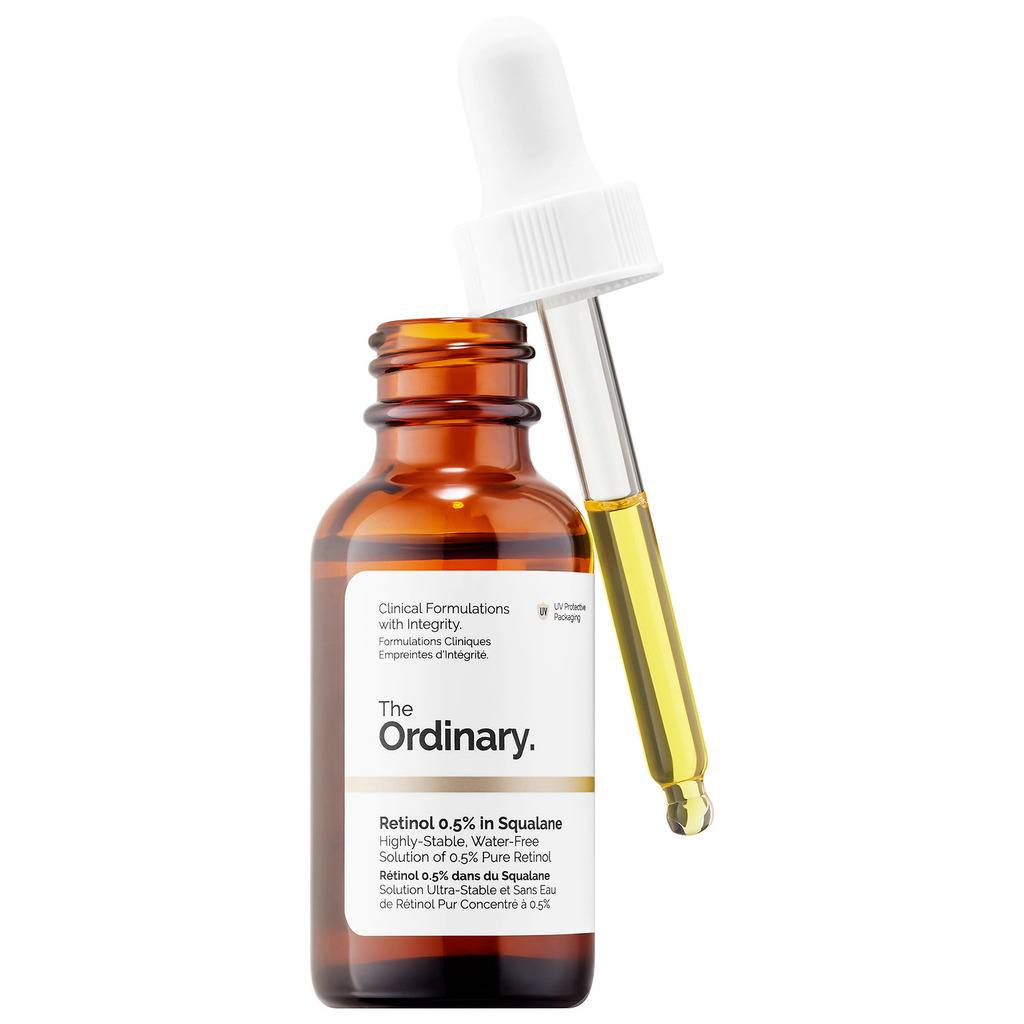You may have heard the term “retinol” before but not known exactly what it is. This post will explain everything you need to know about retinol, including what it is, what it does, and how you can use it to improve your skin. Considering retinol has been at the forefront of beauty products for some time now, its’ time to really dig deep and understand what exactly retinol is, what it can do for your skin, and how to use it properly.
Retinol is often called the “gold standard” of anti-aging treatments, and for good reason. This proven ingredient can diminish the appearance of wrinkles and age spots, while also smoothing skin texture. But what is retinol, and how can it benefit your skin? Keep reading to learn everything you need to know about this powerful anti-aging ingredient.

What is Retinol?
Retinol is a type of vitamin A that can be found in a number of foods, including liver, carrots, and sweet potatoes. Vitamin A is an essential nutrient that helps maintain healthy vision, skin, and immunity. Retinol specifically refers to the alcohol form of vitamin A.
Retinoids are a class of compounds that includes retinol and are related to vitamin A. Retinoids can be found in both over-the-counter (OTC) products and prescription medications. The OTC forms are weaker than the prescription forms and are not as effective at treating certain conditions. However, they can still be helpful in improving the appearance of your skin.
What Does Retinol Do?
Retinol has a number of benefits for the skin. It can help reduce fine lines and wrinkles, brighten the skin, and improve skin texture. Retinol can also help treat acne by unclogging pores and increasing cell turnover.
Retinol works by helping to speed up the turnover of skin cells. This process usually happens slowly over time, but retinol can help to speed it up. As we age, our skin cell turnover slows down, which can lead to the formation of wrinkles and fine lines. By increasing cell turnover, retinol can help to reduce the appearance of these signs of aging. Additionally, retinol can also help to brighten the skin and give it a more even tone.
How to Use Retinol
The best way to incorporate retinol into your skincare routine is to start with a small amount and gradually increase the frequency and concentration as your skin becomes more tolerant. Begin by using a pea-sized amount once or twice a week, applying it to clean skin before your moisturizer. If you don’t experience any irritation after a few weeks, you can increase the frequency to every other night, then every night as tolerated. As far as concentration goes, look for a product that contains 0.3% retinol— anything higher than that may be too irritating for your skin, especially if you’re just starting out. We recommend The Ordinary’s Retinol – it’s one of the best on the market.
The 5 Benefits to Using Retinol
Reduces Wrinkles and Fine Lines
One of the most well-known benefits of retinol is its ability to reduce the appearance of wrinkles and fine lines. This is because retinol helps to stimulate collagen production, which is a protein that gives your skin its structure and elasticity.
Evens out Skin Tone
Retinol can also help to even out your skin tone by reducing the appearance of dark spots and age spots. This is because retinol helps to speed up cell turnover, which means that new, healthy cells are brought to the surface more quickly, while old, damaged cells are shed more quickly.
Improves skin Texture
In addition to reducing wrinkles and evening out skin tone, retinol can also help to improve your skin’s overall texture. This is because retinol helps to increase cell turnover, which means that new, healthy cells are brought to the surface more quickly, while old, damaged cells are shed more quickly.
Increases Collagen Production
As we mentioned before, one of the benefits of retinol is its ability to increase collagen production. Collagen is a protein that gives your skin its structure and elasticity. So, by increasing collagen production, retinol can help to reduce the appearance of wrinkles and fine lines.
Reduces Inflammation
Another benefit of retinol is its ability to reduce inflammation. Inflammation can cause redness, swelling, and irritation. So, by reducing inflammation, retinol can help to reduce the appearance of redness and irritation caused by conditions like acne or eczema.
Conclusion:
Are there any side effects to Retinol?
When used correctly, retinol is generally safe for most people. However, because it is a powerful ingredient, it’s important to start slow and increase frequency gradually as tolerated. Some common side effects include dryness, redness, peeling, and flaking. If you experience any severe side effects like intense burning or swelling, discontinue use immediately and consult a doctor.
